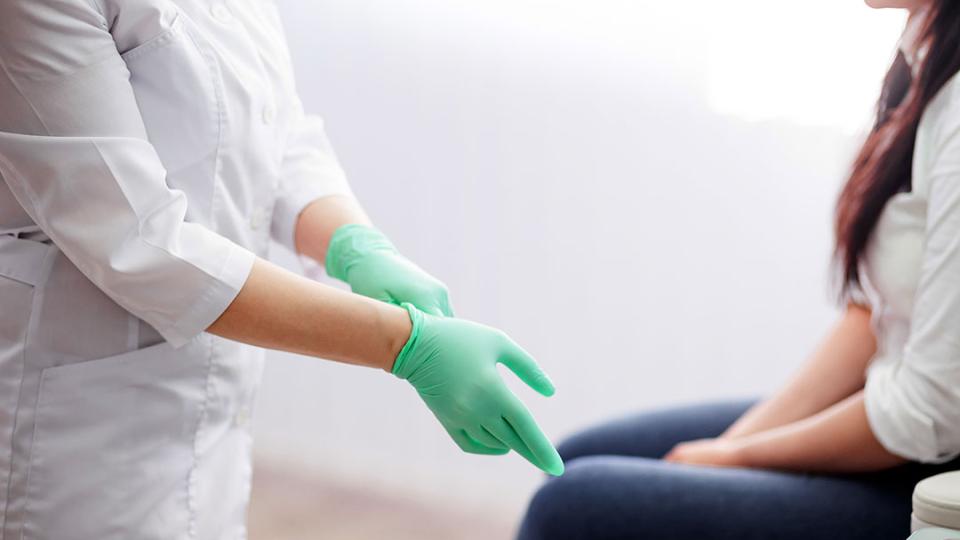Anonymous Collection of Forensic Evidence
The experiences of women’s support services show that it is a difficult decision for victims of sexual violence whether to file a police complaint or not. In particular, the fact that they need to make a decision immediately owing to the need to collect forensic evidence soon after the attack can be overwhelming for women who are often still in a state of shock.
However, if a police complaint is not filed, it is normally the case that forensic evidence is not collected. This means it will not be available as evidence in any subsequent criminal proceedings. A verbal statement given by the victim as a witness is often inadequate for the case to be taken to trial without any further evidence. As a result, many criminal proceedings are discontinued owing to a lack of evidence.
In order to prevent this, it is important to gather forensic evidence of the act of sexual violence promptly and to document it legally. The opportunity to give forensic evidence anonymously gives victims of sexual violence the chance to decide whether or not to file a police complaint free of any pressure. It is normally the case that forensic evidence is stored for several years in case any criminal proceedings are initiated. Consequently, the offence can be brought to court at a later point in time.
How to provide forensic evidence anonymously
Victims of sexual violence can go to clinics that collect forensic evidence whether or not a police complaint has been filed. The data will be handled confidentially and may not be used without the consent of the person concerned. The doctors who collect the evidence are bound to secrecy.
Find help fast
The state government has compiled detailed information on the anonymous collection of forensic evidence after sexual violence involving women and girls in North Rhine-Westphalia on the Ministry for Equality’s homepage.
Regional offers for anonymous evidence recovery
City / District
• Bielefeld
• Bochum
• Bonn
• Duisburg
• Ennepe-Ruhr-Kreis
• Kreis Borken
• Bottrop
• Kreis Düren
• Gelsenkirchen
• Kreis Gütersloh
• Herford
• Herne
• Hochsauerlandkreis
• Kreis Höxter
• Köln
• Leverkusen
• Kreis Lippe
• Kreis Minden-Lübbecke
• Kreis Neuss
• Oberbergischer Kreis
• Oberhausen
• Kreis Paderborn
• Kreis Recklinghausen
• Rheinisch-Bergischer Kreis
• Rhein-Sieg-Kreis
• Solingen
• Kreis Siegen-Wittgenstein
• Kreis Steinfurt
• Kreis Wesel
Additional hospitals and medical practices that offer report-independent forensic services can be found on the website of the iGOBSIS project at https://gobsis.de/projekt/teilnehmende/.

